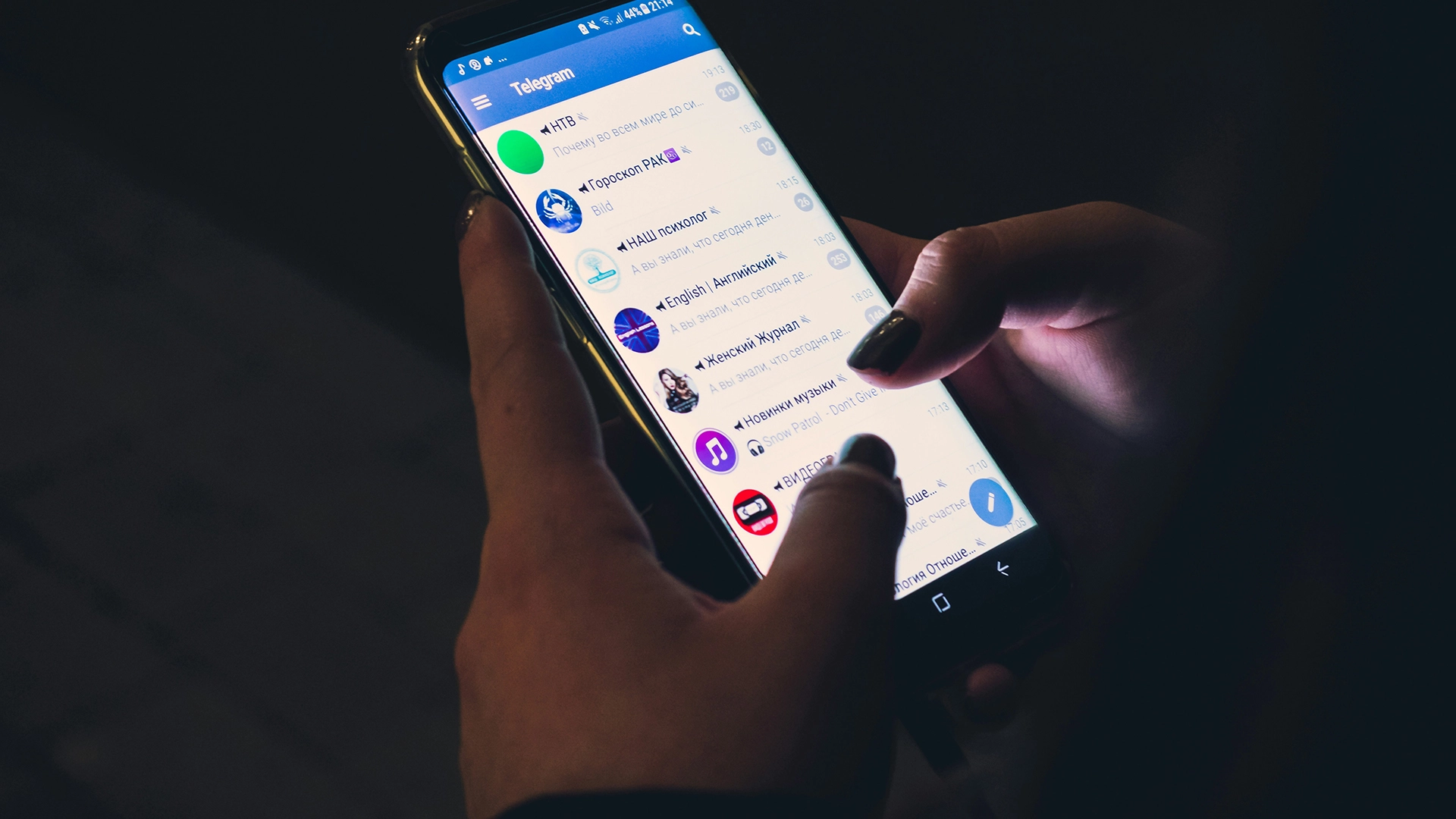
Image by Christian Wiediger, from Unsplash
FBI Warns OF Rise In Scam Texts Impersonating U.S. Officials
The FBI confirms a 700% rise in scam texts impersonating officials, urging users to delete messages.
In a rush? Here are the quick facts:
- Scam texts surged over 700% in early June targeting U.S. smartphone users.
- FBI confirms scammers impersonate senior U.S. officials using text and AI voice messages.
- Resecurity warns one actor can send 2 million scam texts daily.
The FBI has released a national warning about increasing fraudulent text and voice messages that target smartphone users, instructing them to remove any suspicious messages, particularly those that pretend to be from government agencies.
The new wave of scams uses AI voice synthesis together with SMS “smishing” techniques to create fake senior U.S. official impersonations for stealing sensitive data and installing malware.
The number of scams has increased by more than 700% since April 2025, as scammers use fake DMV agencies, senior government officials, and made-up department impersonations, as reported by Forbes.
The FBI took action because DMV-themed scam texts increased by 773% during early June, as noted by Forbes. The fake websites in these messages require users to provide credit card details while simultaneously spreading malicious software.
Supervisory Special Agent David Palmer of FBI Tennessee confirmed that cybercriminals behind unpaid toll scams have “pivoted to the DMV scam,” stating that clicking links can “put malware on your phone […] steal information from your device, or collect your payment information,” as reported by WREG.
The FBI reports that AI-generated “vishing” calls impersonate U.S. officials to gain access to personal accounts through a parallel scamming operation. The initial part of these attacks requires victims to move to different platforms before scammers obtain sensitive information or malicious files from victims.
The messages contain specific targeting features, which include stolen images, deepfake audio, and names that have minor modifications to create a believable impression.
Forbes reports that security analysts predict that one threat actor can distribute 2 million scam messages daily, which would reach every American at least twice throughout the year.
The FBI recommends users check the authenticity of unfamiliar contacts, refrain from following suspicious links, and maintain the secrecy of two-factor authentication codes.
“If you don’t know who [a text] is from, don’t click the link,” Palmer emphasized, as reported by Forbes. For safety, users should report suspicious messages and confirm official contacts independently.


 Previous Story
Previous Story

 Latest articles
Latest articles 